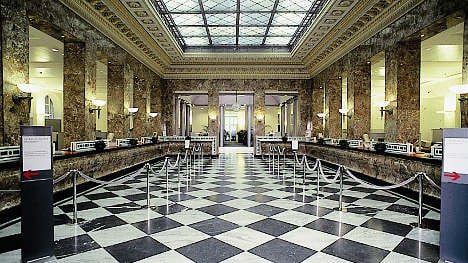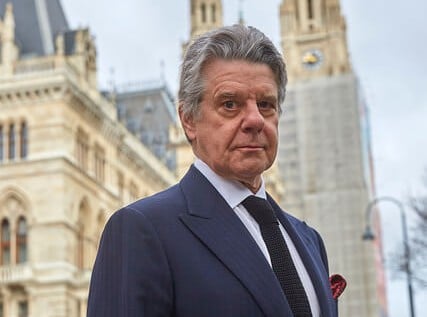The banks paid out 5.81 million francs ($6.1 million), Switzerland's banking ombudsman said in its annual report released on Thursday.
Last year a total of 32 heirs received money from dormant accounts, as well as the contents of two bank safes
All the funds had been banked after the war.
Since 2001, about 303 heirs have received funds worth a total of 42.9 million francs.
Heirs who believe that dead relatives may have had money in Switzerland have been able since 1996 to apply to a special office which tracks down long-forgotten accounts.
The system was set up amid a scandal over the failure of Swiss banks to release funds owned by Jews who had hidden money in secret accounts in neutral Switzerland but then perished in the Holocaust.
Most of the beneficiaries last year were from Europe, with six of the 32 cases concerning French citizens, and a similar number, Germans.
Under Swiss law, banks must inform a central search office if they have had no contact with a customer for the past ten years.
The ombudsman said that it often received search requests from heirs a few months after a relative had died, but underlined that potential accounts would not be considered dormant until a decade had elapsed.
It pointed to a typical case in which the search process took up to five years, and resulted in a six-figure sum being paid out to the heirs, who decided to give it to charity.
Last year, five percent of search requests concerned potential pre-war bank accounts.
The ombudsman's office said that such search were carried out even though the likelihood of finding any money was minimal, given that in 1997, Swiss banks had published a list of pre-war accounts to facilitate claims.



 Please whitelist us to continue reading.
Please whitelist us to continue reading.
Member comments